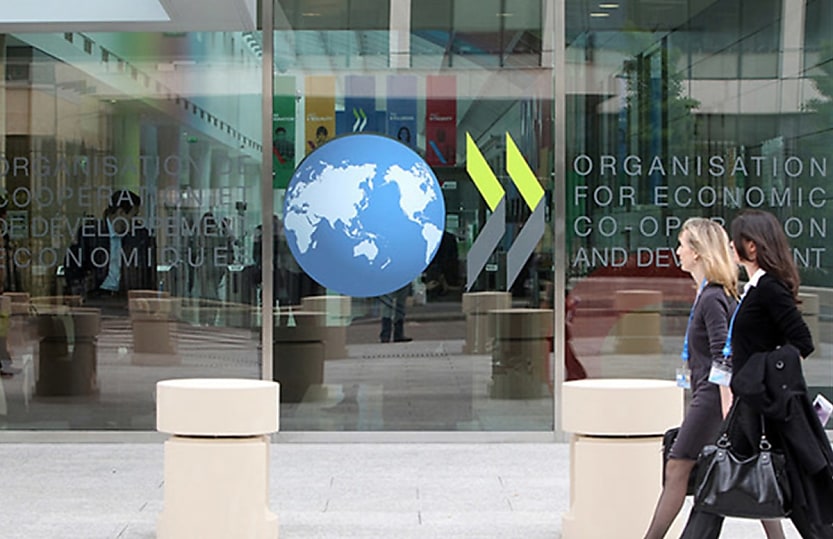OECD updates tax convention to clarify cross-border remote work arrangements

The OECD’s updated model tax convention has provided new and detailed guidance on the tax treatment of cross-border remote work arrangements.
Last Wednesday (19 November), the OECD released an update to its Model Tax Convention on Income and on Capital, clarifying when remote work across borders, such as from a home office, would create a taxable presence for businesses.
Jenny Wong, tax lead at CPA Australia, explained that when an employee worked remotely from a separate jurisdiction from their employer, it could lead to fresh tax liabilities.
“A number of tax issues arise when an employee of an Australian entity works outside Australia, both for the employer and the employee,” she said.
“By allowing an employee to perform work in a foreign country, there is a risk of creating a permanent establishment for corporate tax purposes. This may cause the employer to have to register and pay tax in the foreign jurisdictions.”
The OECD’s updated Model Tax Convention, which serves as a basis for negotiating bilateral tax treaties, clarified when cross-border remote work arrangements could spark tax liabilities in employees’ jurisdictions.
Under changes to commentary on Article 5 of the convention, the OECD noted that a home office could be considered a ‘permanent establishment’ based on individual circumstances.
As a general rule, if an employee spent less than 50 per cent of their time working from home, their home was not considered a place of business, except in rare cases. If they spent more than 50 per cent of their working time at home, it could be considered a place of business for tax purposes, depending on contextual factors.
A key determination would be whether there was a commercial reason for the employee to work in a different jurisdiction. Such reasons could include meeting customers, maintaining supplier relationships, providing services requiring a physical presence or facilitating real-time interactions for a particular time zone.
If the employee was found to be working in a separate jurisdiction permanently for commercial purposes, it could spark tax liabilities in that jurisdiction.
In contrast, a home office would not be considered a permanent establishment if the employee was simply abroad due to personal preference or if the employer wanted to save on office costs.
The OECD also introduced an alternative tax treaty provision to ensure that income generated from natural resource extraction was taxed where it occurred, to support resource-endowed developing nations.
“By clarifying the rules for remote work and reinforcing source taxation for extractive industries, this update helps countries and businesses navigate a rapidly evolving global landscape,” OECD secretary-general Mathias Cormann said.
“It also demonstrates the importance and continued relevance of multilateral co-operation in delivering practical solutions to modern tax challenges.”
The OECD said the updated convention reflected the realities of the global economy where remote work and digital mobility were here to stay.
Wong said that the changes were a welcome step, but would take some time to materialise in Australia’s tax treaties.
“OECD updates are welcomed, but now the process is incorporating the changes in Australia’s specific tax treaties, which can take a long time to implement.”
About the author
